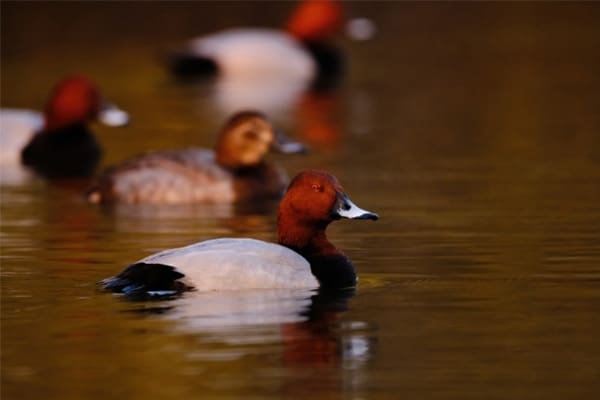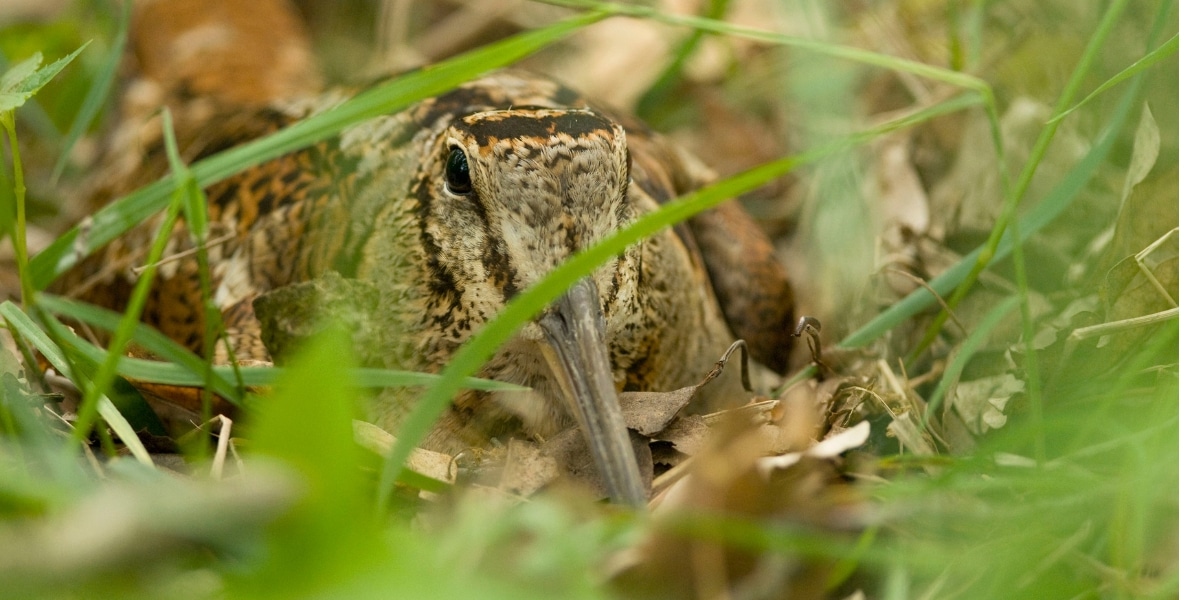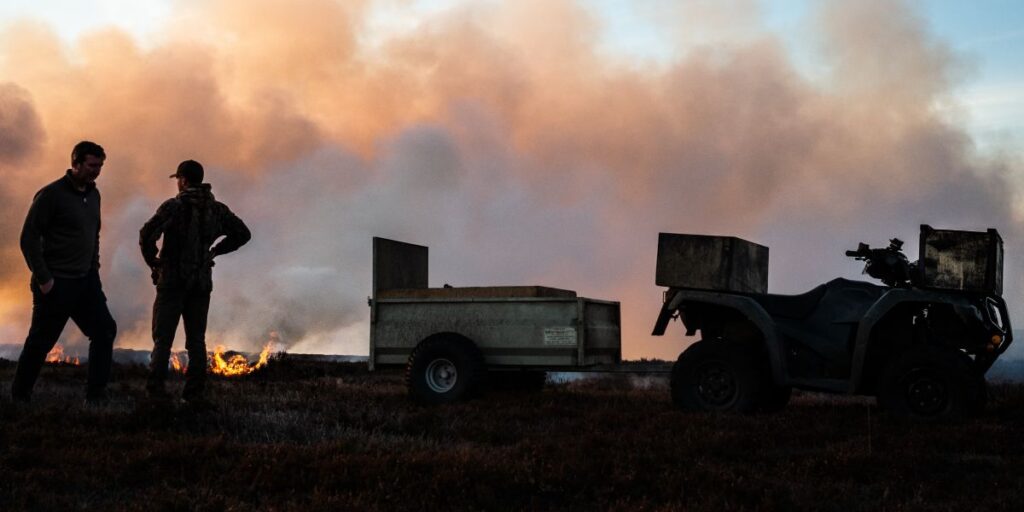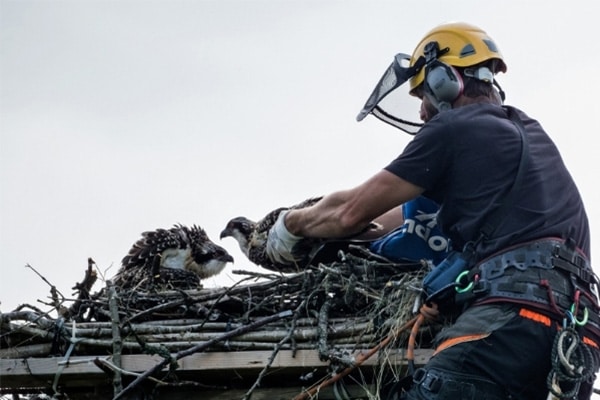
WHCT awards €17,000 grant to aid Lithuanian waterbirds
A project to protect the habitat and breeding grounds of waterbirds in Lithuania has been boosted by a pledge of €17,000 from the WHCT.
Get information on the legal shooting season for mammals and birds in the UK.
Apply for funding for your project or make a donation today
Comprehensive information and advice from our specialist firearms team.
Everything you need to know about shotgun, rifle and airgun ammunition.
Find our up-to-date information, advice and links to government resources.
Everything you need to know on firearms law and licensing.
All the latest news and advice on general licences and how they affect you.

A study carried out by BASC and the University of Exeter into the UK’s resident woodcock population has heralded positive results.
Newly published research into the scale of woodcock shooting in the UK has revealed that people who shoot are complying with calls for voluntary restraint. As a result, the outlook for this iconic but threatened species is much improved.
The peer-reviewed study, a collaboration between BASC and the University of Exeter, indicated that nine out of ten people who traditionally shoot woodcock now only do so after 1 December, when the UK resident population is swelled by the influx of migrant birds.
The findings add weight to the argument that self-regulation can be an effective method of improving the sustainability of wild bird harvests.
This result is reflected in annual bag data which shows that, since 2018, as few as 2.2 per cent of woodcock shot were harvested before 1 December. Around a third of people who responded say they have stopped shooting woodcock altogether.
This confirms an overall continuing decline in the numbers of woodcock being shot in the UK. In the last 20 years the numbers fell by around two-thirds. It is likely the woodcock harvest will continue to decline in coming years due to voluntary restraint.
BASC’s deputy director of conservation Dr Matt Ellis said: “The paper used five different data sources, including BASC’s substantial wing survey, and found that more than 90% of shooters complied with the voluntary delay to the season.
“According to GunsOnPegs shoot census data, the vast majority shoot woodcock only when there is a clear understanding of the local population, which indicates that they have a clear understanding of the conservation value of restraint.
“We believe that this shows that honest messaging from trusted brokers can result in successful self-regulation in the shooting community.”
Prof Joah Madden, University of Exeter, said: “This research was only possible thanks to the long-term record keeping by the shooting community and the generosity of so many Guns who kindly shared their shoot cards and game books with us. This gives us robust, long-term data that allows us to ask important questions about game management and wild harvests in the UK.”

A project to protect the habitat and breeding grounds of waterbirds in Lithuania has been boosted by a pledge of €17,000 from the WHCT.

There are several clear winners as a result of controlled heather burning, a traditional land management practice used on moorland and upland areas, Alex Farrell explains.

With a total of 15 chicks reared from six nest sites, BASC’s osprey project is heralding another hugely successful breeding season in the Lake District.
Sign up to our weekly newsletter and get all the latest updates straight to your inbox.
© 2025 British Association for Shooting and Conservation. Registered Office: Marford Mill, Rossett, Wrexham, LL12 0HL – Registered Society No: 28488R. BASC is a trading name of the British Association for Shooting and Conservation Limited which is authorised and regulated by the Financial Conduct Authority (FCA) under firm reference number 311937.
BASC Direct Ltd is an Introducer Appointed Representative of Agria Pet Insurance Ltd who administer the insurance and is authorised and regulated by the Financial Conduct Authority, Financial Services Register Number 496160. Agria Pet Insurance is registered and incorporated in England and Wales with registered number 04258783. Registered office: First Floor, Blue Leanie, Walton Street, Aylesbury, Buckinghamshire, HP21 7QW. Agria insurance policies are underwritten by Agria Försäkring.
If you have any questions or complaints about your BASC membership insurance cover, please email us. More information about resolving complaints can be found on the FCA website or on the EU ODR platform.